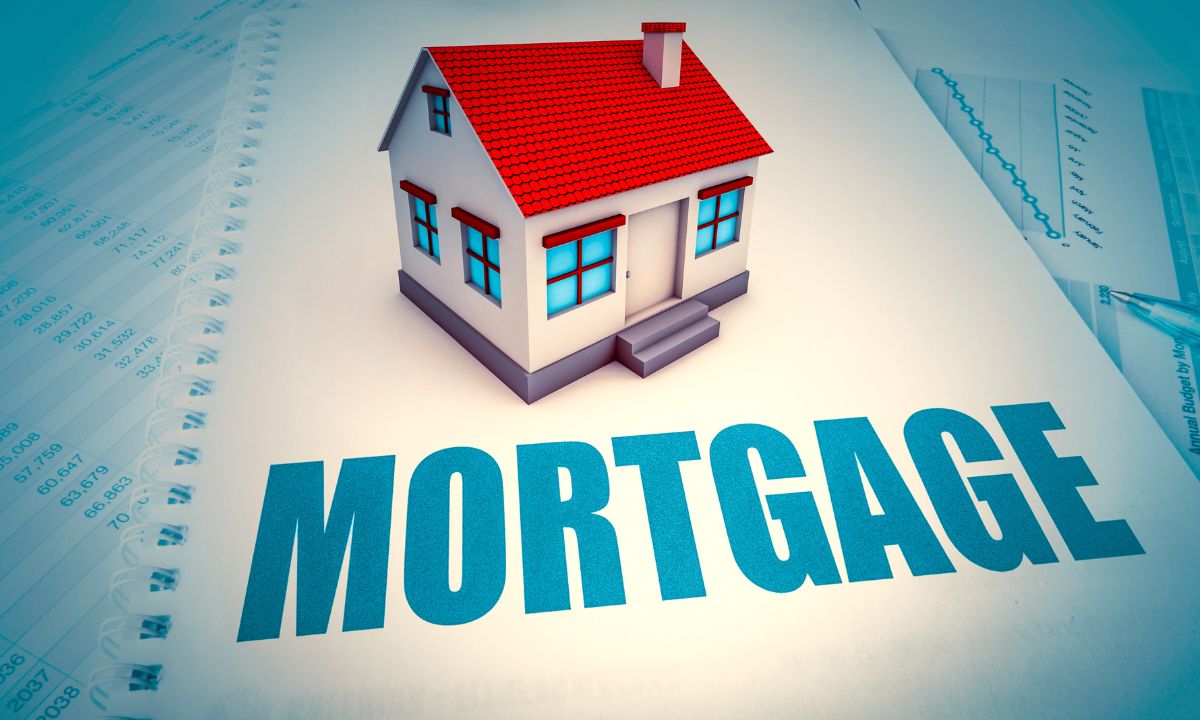What is the Difference Between a Reverse Mortgage and a Home Equity Conversion Mortgage?
 A reverse mortgage and a home equity conversion mortgage (HECM) are both types of loan products that allow homeowners to tap into the equity they have built up in their homes. However, there are some important differences between the two.
A reverse mortgage and a home equity conversion mortgage (HECM) are both types of loan products that allow homeowners to tap into the equity they have built up in their homes. However, there are some important differences between the two.
A reverse mortgage is a type of loan available to homeowners who are 62 years of age or older. With a reverse mortgage, the lender makes payments to the borrower, which can be taken as a lump sum, line of credit, or regular payments. The loan is paid back when the borrower dies, sells the home, or permanently moves out of the property.
On the other hand, a home equity conversion mortgage (HECM) is a specific type of reverse mortgage that is insured by the Federal Housing Administration (FHA). To qualify for an HECM, the homeowner must be 62 years of age or older and own their home outright or have a low mortgage balance that can be paid off with the proceeds from the HECM.
One of the key differences between a reverse mortgage and an HECM is the way the loan is structured. With a reverse mortgage, the lender makes payments to the borrower, while with an HECM, the borrower can receive payments from the lender or choose to receive a line of credit that they can draw on as needed.
Another important difference is the cost. HECMs are insured by the FHA, which means that they come with certain fees, including an initial mortgage insurance premium, an annual mortgage insurance premium, and other closing costs. Reverse mortgages, on the other hand, may come with different fees depending on the lender.
Overall, while both a reverse mortgage and an HECM can provide homeowners with a way to access the equity in their homes, there are important differences to consider when deciding which option is right for you. It’s important to do your research and speak with a qualified financial professional to understand the pros and cons of each option and make an informed decision.

 If you are looking for a quick source of cash, you may have been told that you can tap into the equity in your home. If you have at least 20 percent equity in your home, you can borrow against that equity at a relatively low interest rate for a quick source of funding. You might be deciding whether to apply for a home equity loan or a home equity line of credit, which is usually shortened to HELOC.
If you are looking for a quick source of cash, you may have been told that you can tap into the equity in your home. If you have at least 20 percent equity in your home, you can borrow against that equity at a relatively low interest rate for a quick source of funding. You might be deciding whether to apply for a home equity loan or a home equity line of credit, which is usually shortened to HELOC.  If you are looking for a way to diversify your investments while also making it easier to go on vacation, you may have thought about purchasing a vacation home. Saving up enough money for one house was already hard enough, so how are you going to save up money for a second house? If you have owned your primary residence for a while, you might be able to take out a home equity loan. Then, you could use this to purchase a vacation house.
If you are looking for a way to diversify your investments while also making it easier to go on vacation, you may have thought about purchasing a vacation home. Saving up enough money for one house was already hard enough, so how are you going to save up money for a second house? If you have owned your primary residence for a while, you might be able to take out a home equity loan. Then, you could use this to purchase a vacation house. There are a number of significant advantages that come with homeownership, and one of the biggest advantages is the ability to take out a home equity loan. As homeowners pay off the mortgage, the amount of equity in the house increases. Homeowners can borrow against the equity in their house to fund other projects. For example, homeowners could borrow against home equity to complete a home renovation, pay medical expenses, or pay down student loans. The most common home equity loans include cash-out refinances, a traditional home equity loan, and a home equity line of credit. Which is the best option?
There are a number of significant advantages that come with homeownership, and one of the biggest advantages is the ability to take out a home equity loan. As homeowners pay off the mortgage, the amount of equity in the house increases. Homeowners can borrow against the equity in their house to fund other projects. For example, homeowners could borrow against home equity to complete a home renovation, pay medical expenses, or pay down student loans. The most common home equity loans include cash-out refinances, a traditional home equity loan, and a home equity line of credit. Which is the best option?  Home equity is the difference between what your home can sell for and what you owe on it. Generally, the longer you own your home, the more equity you build.
Home equity is the difference between what your home can sell for and what you owe on it. Generally, the longer you own your home, the more equity you build.